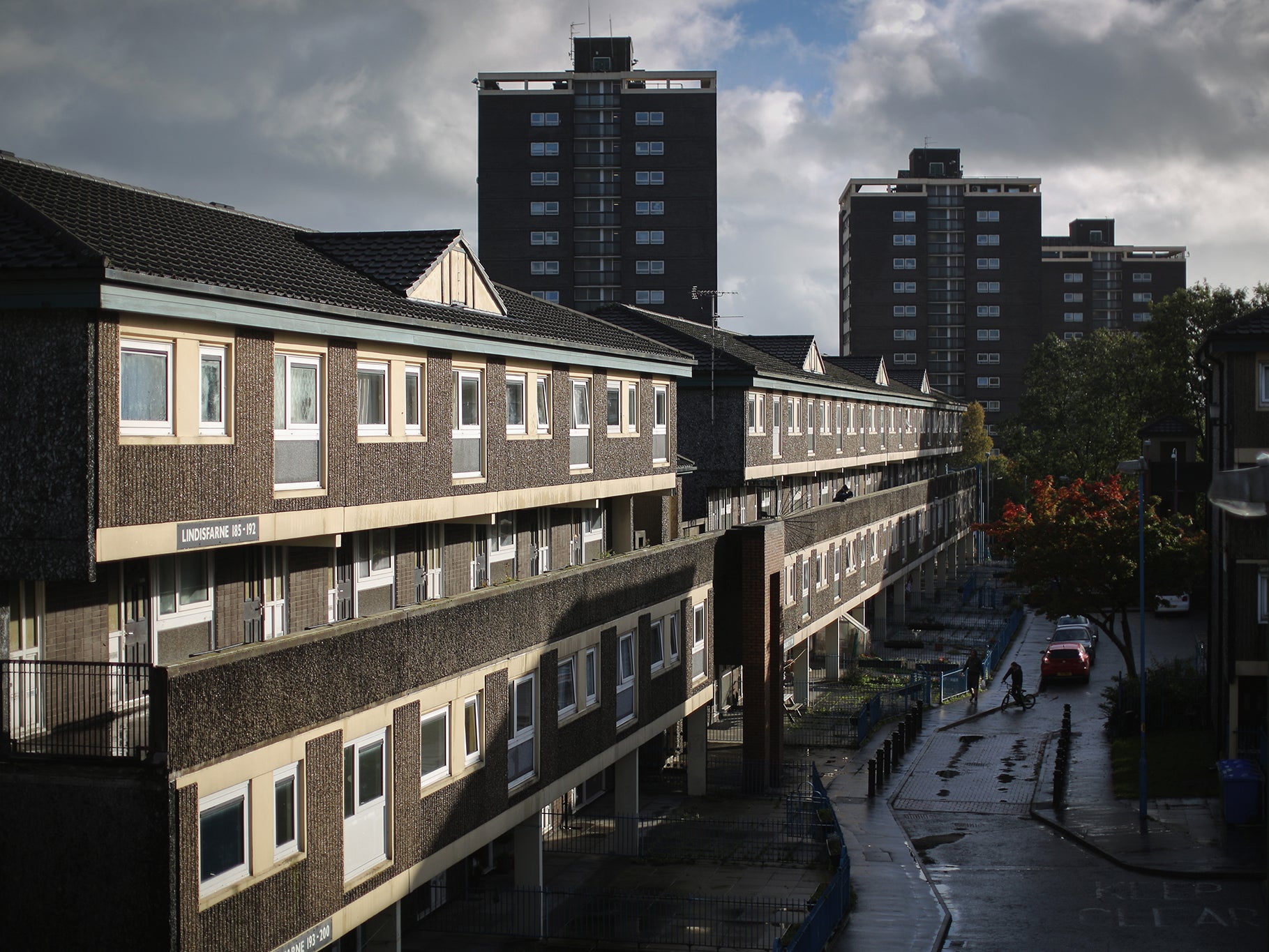To avoid another pandemic, building more social housing is a top priority
The housing crisis has been thrown into sharp relief by coronavirus, highlighting the inequities in a system that has been broken for years. Labour MP Stephen Timms writes


When the lockdown started, the government told us to “stay home”. “Home” has become supremely important. It should always represent relaxation, comfort and security. Now, it also represents refuge from danger. But, for so many people, “home” is far from this.
Those of us with happy, safe, spacious homes are finding lockdown hard. But what if you’re living as a family of six in a one-bedroom flat? What if you’re living in temporary accommodation, sharing a kitchen with ten other families, unable to self-isolate? What if your accommodation has chronic mould which makes it hard for your child to breathe?
The housing crisis has been thrown into sharp relief by coronavirus, highlighting the inequities in a system that has been broken for years. One quarter of privately rented homes do not meet the Decent Homes Standard. A million people are on council house waiting lists. A total of 127,370 children are living in temporary accommodation. For households in poverty in London, housing costs amount to an average of 56 per cent of their net income.
The London borough I represent, Newham, where I have lived for 40 years, has the highest rate of overcrowding in the country; the highest rate of homelessness; and the highest number of families in temporary accommodation – more than in the whole of the North of England.
The Office for National Statistics has now reported that Newham has the highest age-adjusted Covid-19 mortality rate in the country. Poor housing is one of the reasons. Overcrowding, and conditions where self-isolation is impossible, spread coronavirus. And poor housing exacerbates respiratory problems that increase the risk that coronavirus will be fatal.
My constituents have borne the brunt of years of housing policy failures, and are now also disproportionately affected by the pandemic. As others have argued, when we plan for recovery, we must target worst-affected areas like Newham through vehicles like a “Covid-19 premium”. And that will mean investing in affordable – especially social – housing.
To support housebuilding during the pandemic, government guidance advises authorities to consider allowing small and medium-sized developers to defer Section 106 and Community Infrastructure Levy obligations. This is the wrong approach. These obligations are a crucial means of providing social housing, with Section 106 delivering 49 per cent of all new affordable housing in England in 2018/19. In recovery efforts, rather than slowing the recent surge of social house building, it should be prioritised afresh.
Perhaps the last time Britain faced a crisis on this scale were during the two World Wars. After each of those crises, governments recognised the need to build “homes fit for heroes” and saw social housing as key. Now we need to build homes for keyworkers, and for others in housing need.
It also makes economic sense. There has been a huge surge of new claims for Universal Credit (UC). More government cash than ever is being spent on the housing element of UC, subsidising rent. IPPR estimates that 13 per cent of the funding for the job retention scheme will go in rent payments to private landlords. We need to use those resources instead to build new homes. Social housing is a public good which will last for generations to come.
While short-term measures are clearly needed – especially to protect private renters – Covid-19 offers us the chance to rethink policy long term.
We can see how society is falling short, and dare to reimagine how it could look in the future. So when we move to recovery, we should prioritise social house building: as a public good, and a cornerstone of wellbeing and security. So that, one day, everyone can have a place to call home.
Stephen Timms is Labour MP for East Ham
Join our commenting forum
Join thought-provoking conversations, follow other Independent readers and see their replies
Comments